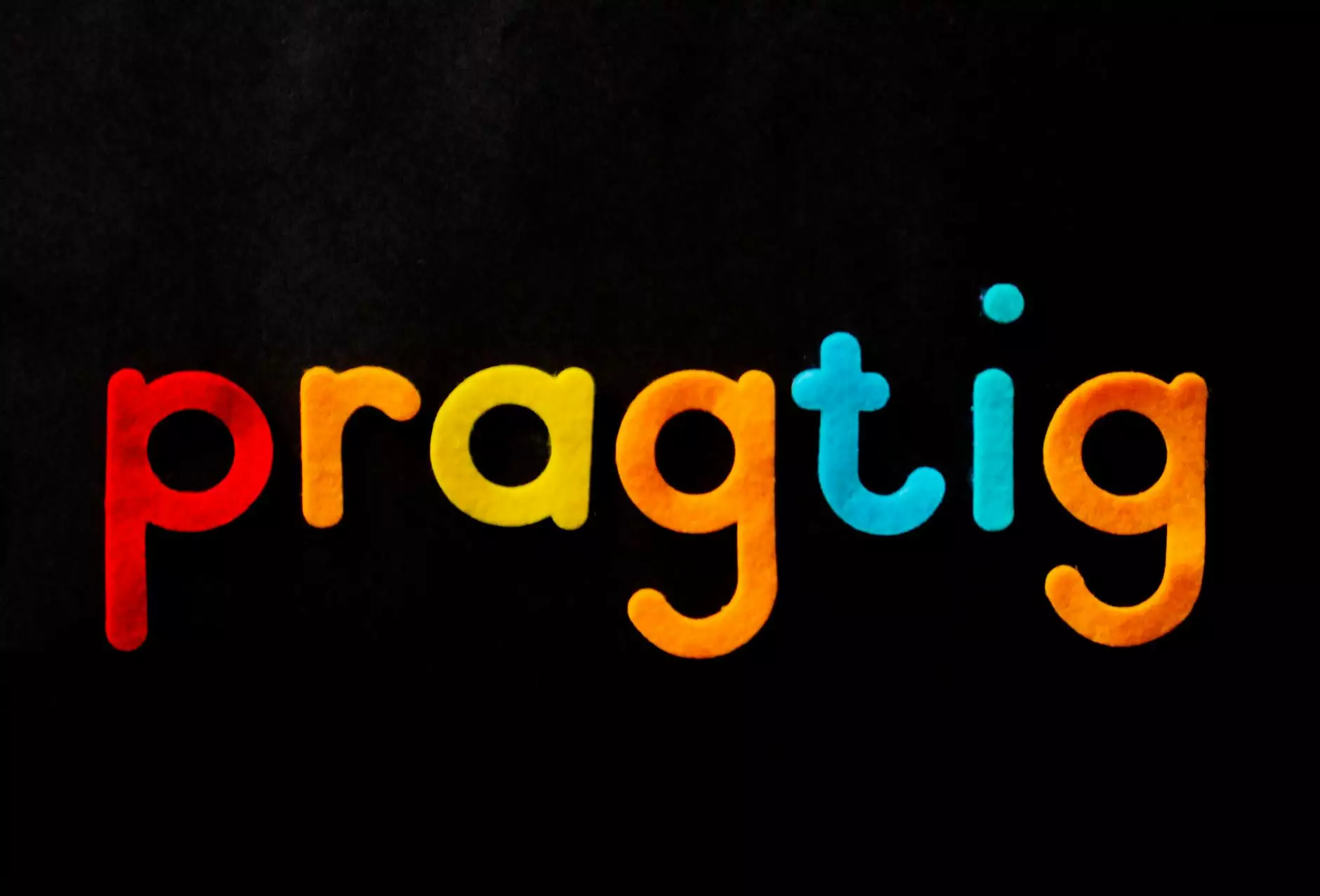Remember Doing vs Remember To Do – Grammar Lesson
English Grammar Lessons
Introduction
Welcome to NJCLT's comprehensive grammar lesson on the important distinction between "Remember Doing" and "Remember To Do". Understanding the correct usage and meaning of these phrases is crucial for effective communication. In this lesson, we will delve into the differences, examples, and common mistakes related to these grammar concepts.
Remember Doing
When we use "Remember Doing," we refer to recalling or having a memory of an action or event that took place in the past. This construction highlights a specific action that has already been completed. It indicates that the action occurred at some point before the present moment.
For instance, consider the sentence: "I remember visiting Paris last summer." Here, the speaker is reflecting on the past experience of visiting Paris. The verb "remember" emphasizes the speaker's ability to recall the action of visiting.
Remember To Do
On the other hand, "Remember To Do" focuses on not forgetting to perform an action in the future. In this case, the action mentioned after "to do" is something that needs to be done after the current moment. It highlights the importance of remembering to complete a task.
For example, consider the sentence: "Don't forget to buy groceries on your way home." Here, the speaker advises the listener to remember the action of buying groceries when returning home. The verb "remember" emphasizes the necessity of not forgetting to perform this task in the future.
Examples of Correct Usage
Remember Doing:
1. She remembered booking the flight before leaving for the airport.
2. We remember learning about World War II in history class.
3. They remembered discussing the project during the meeting.
Remember To Do:
1. Remember to lock the door when you leave the house.
2. Don't forget to turn off the lights before going to bed.
3. Please remember to submit your assignment by the deadline.
Common Mistakes
It is essential to differentiate between "Remember Doing" and "Remember To Do" to avoid common mistakes. Let's explore some instances where people frequently confuse the two constructions:
Using "Remember Doing" Instead of "Remember To Do":
1. Incorrect: I remember to call my friend yesterday.
2. Incorrect: We remembered to visit the museum during our trip.
3. Incorrect: He remembers to take his medicine this morning.
These examples demonstrate the incorrect usage of "Remember Doing." In these sentences, the intended meaning suggests remembering an action that should be done in the future. Therefore, the correct usage would be "Remember To Do."
Using "Remember To Do" Instead of "Remember Doing":
1. Incorrect: I remember going to the doctor yesterday.
2. Incorrect: We remembered having lunch at that restaurant last week.
3. Incorrect: She remembers seeing a movie with her friends last night.
These examples demonstrate the incorrect usage of "Remember To Do." In these sentences, the intended meaning suggests remembering a past action, not a future task. Therefore, the correct usage would be "Remember Doing."
Conclusion
Mastering the distinction between "Remember Doing" and "Remember To Do" is essential for clear and precise communication. Remembering an action from the past or ensuring the completion of a future task requires using the correct grammar construction. By understanding the differences, avoiding common mistakes, and practicing correct usage, you will enhance your overall grammar skills and communicate effectively.
About NJCLT
NJCLT, short for New Jersey Comprehensive Language Teaching, is a leading platform dedicated to providing comprehensive language education. We strive to equip learners with the necessary tools and knowledge to excel in various languages. Our team of expert instructors and linguists design interactive lessons, provide insightful resources, and create an engaging learning environment. Whether you're a beginner or an advanced learner, NJCLT is here to support your language learning journey.










